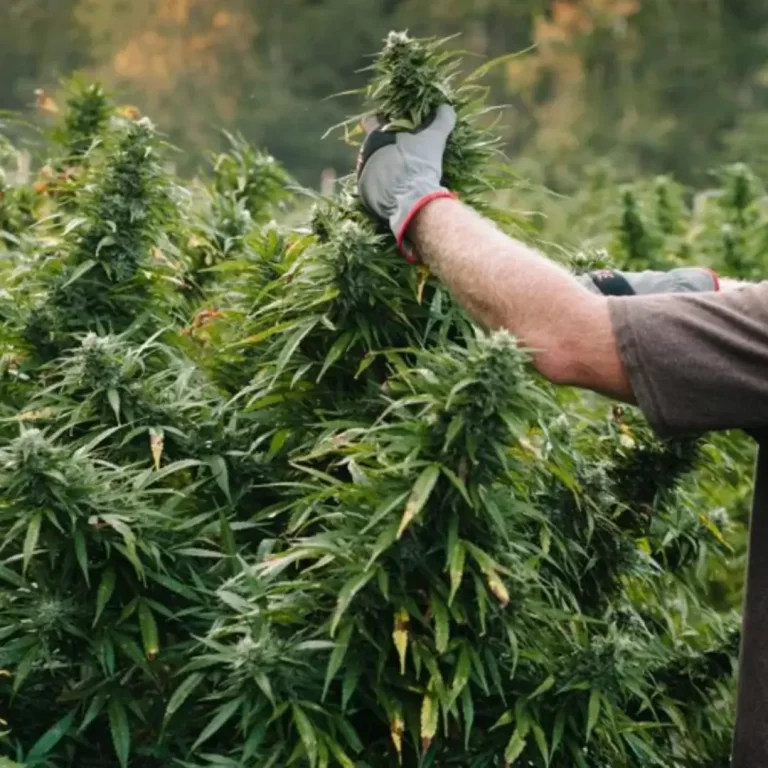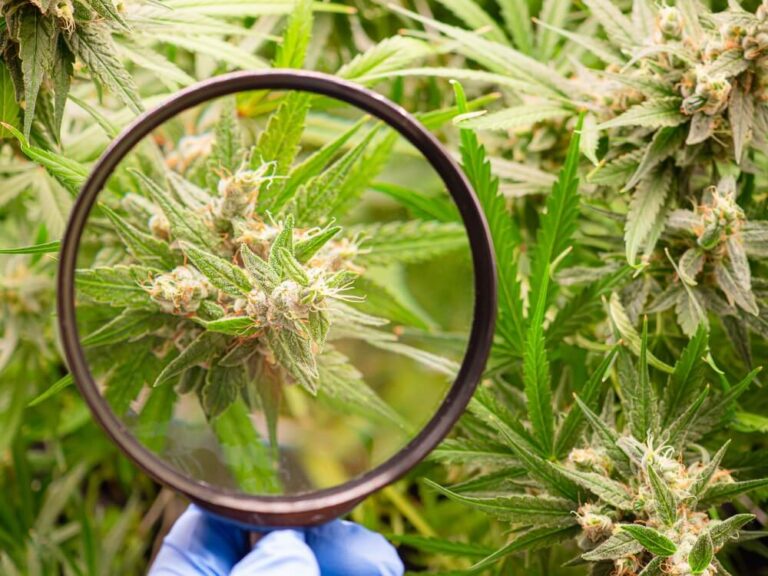
Study Suggests Legal Marijuana Decreases Demand for Codeine
- Cannabis News
- Cannabutter Digest
According to a study published in Health Economics, states with legal recreational marijuana also have significant reductions in the distribution of pharmacy-based codeine.
Associate Professor Johanna Catherine Maclean at the Schar School of Policy and Government at George Mason University coauthored the study. The National Institute on Drug Abuse supported the research.
Doctoral candidate Shyam Raman is the study’s lead author and has affiliations with Cornell Jeb E. Brooks School of Public Policy. Raman spoke about opioid abuse. Reducing the misuse of this controlled substance can save lives. He believes the research indicates legalizing cannabis reduces codeine distribution to pharmacies significantly. It is a benefit of recreational marijuana legalization that can save lives.
Cannabis and opioids can effectively reduce or eliminate the symptoms of chronic pain. However, the impact on overall health isn’t similar between the two drugs. Maclean specializes in studying substance use disorder and public policy. Although every substance comes with risks, marijuana is less harmful than using prescription opioids for nonmedical purposes. She believes that increasing access to legal cannabis can offer benefits, as consumers might choose cannabis over opioids.
The study seems to be among the first to examine the effects of recreational cannabis laws on the shipment of opioids to pharmacies, hospitals, and other distributors. Previous studies only focused on opioid use among a subset of consumers, such as Medicaid beneficiaries, or medical marijuana laws.
Understanding the Dangers of Codeine
According to the National Institute on Drug Abuse, nearly 200 Americans die from opioid overdose daily. Combining opioids with benzodiazepines and other central nervous system depressants can increase the risk of overdose. That’s because opioids and benzodiazepines suppress breathing and cause sedation. They also impair cognitive function.
Research shows a higher likelihood of hospital admission for a drug-related emergency, drug overdose death, and emergency room visits for people who take benzodiazepines and opioids simultaneously.
According to a cohort study published in Oxford Academic, the death rate for patients taking both medications was ten times higher than for patients only receiving opioids.
In another study published by the British Medical Journal, researchers reviewed the association between the prescribing patterns of benzodiazepines and overdose deaths among U.S. veterans receiving opioid analgesics. The results showed an increased risk of dying from an overdose when subjects received a benzodiazepine prescription in a dose-response manner.
U.S. Food and Drug Administration (FDA) boxed warnings are now on labels for prescription benzodiazepines and opioids. The labels highlight the potential dangers of combining the two drugs. The Centers for Disease Control and Prevention (CDC) also recommends clinicians consider whether the benefits of prescribing benzodiazepines with opioids outweigh the risks.
Effects of Legal Cannabis on Codeine Distribution
The researchers involved in the study published in Health Economics analyzed data from the Automation of Reports and Consolidation Orders System. The Drug Enforcement Administration (DEA) uses the system to track controlled substance distribution in the United States.
The analysis showed states with legal recreational cannabis had a 26 percent reduction in the distribution of codeine by pharmacies. There was a 37 percent reduction in codeine distribution in states that had recreational cannabis laws in operation for four years.
Senior author Coleman Drake, from the School of Public Health at the University of Pittsburg, mentioned the significance of this finding. Codeine is a weaker drug than other opioids but has a higher potential for addiction and abuse. The results of the study show legalizing cannabis might have decreased the demand for pharmacy-based codeine.
Maclean said that the study provides new information for lawmakers arguing over legalizing cannabis for recreational use. The decision is complex. However, she suggests they weigh the benefits outlined in the study and the social, economic, and health effects of legal marijuana.
Updates on Marijuana Legalization Across the United States
Currently, 21 states, including Washington, D.C., and Guam passed laws to legalize marijuana for recreational use. Medical cannabis is also legal in 37 states, the District of Columbia, and three U.S. territories.
Many Democratic lawmakers and advocates support the legalization of cannabis. Some Republicans also believe cannabis should be legal for medical use, recreational use, or both.
State legislators are determining whether to legalize the substance in their states. Multiple bills related to marijuana legalization, including some related to federal decriminalization, are in Congress.
The House passed a decriminalization bill on April 1, 2022. Shortly after, Senate Majority Leader Chuck Schumer and several senators introduced the Cannabis Administration and Opportunity Act. If passed, the act would decriminalize cannabis at the federal level.
On October 7, 2022, President Joe Biden issued an executive order for a mass pardon. The order pardons anyone convicted of simple marijuana possession under federal law. He also urged governors to pardon anyone convicted of cannabis possession at the state level.
Currently, the states with legal recreational marijuana include:
- Maine
- Colorado
- Montana
- Virginia
- Alaska
- Michigan
- Connecticut
- Washington
- Arizona
- Missouri
- Rhode Island
- Vermont
- Illinois
- New Mexico
- Massachusetts
- New York
- Oregon
- California
- Maryland
- Nevada
- New Jersey
In October 2022, Vermont began selling adult-use recreational marijuana. There were only four licensed dispensaries at the beginning of that month. Three months later, there are now 25 stores throughout the state. Dispensaries also started selling recreational cannabis to adults in New York last month.
Every state regulates and taxes marijuana sales based on its own laws. In some states, sales include an excise tax, a tax on the sale of a specific good imposed on the seller. However, retailers include this tax in the product price, so consumers are responsible for paying it.
Although cannabis is legal in multiple states, Washington, D.C., and some territories for recreational and medical purposes, it is still illegal at the federal level. That blurs the lines for states with marijuana legalization laws. Knowing how to navigate the discrepancies between state and federal legislation is challenging.
Learn About Everything Related to Cannabis
CannabutterDigest.com covers all the information our readers want to know about the cannabis industry. We provide the latest news, delicious recipes, and educational articles to keep you up to date. Check out our website today to learn more about your favorite cannabis-related topics.






